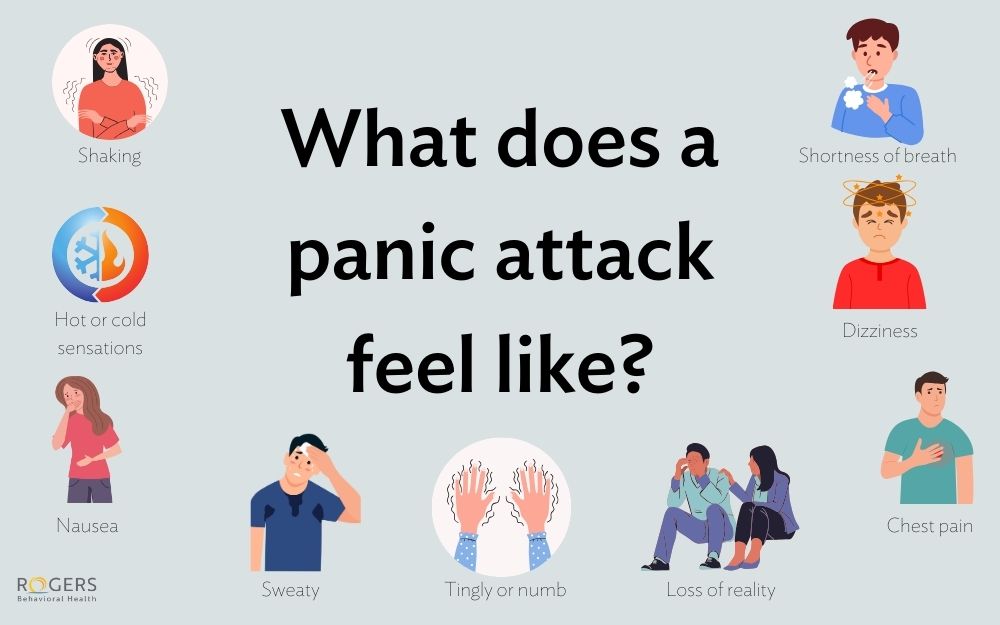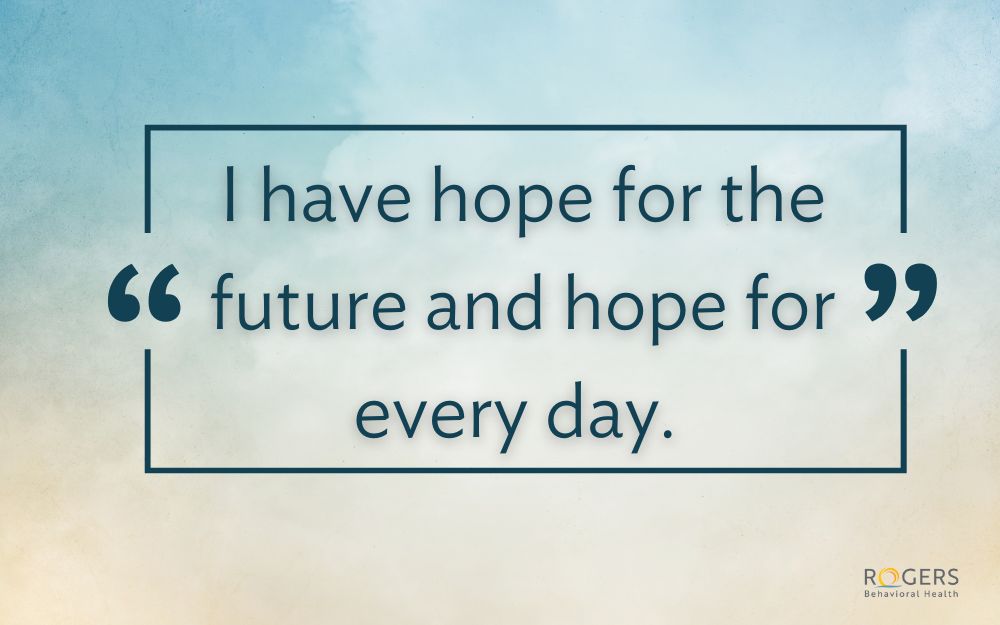Having a Mindful, Healthy Holiday
Posted on 12/22/16 02:21:amWith the holiday season upon us, the rush to find the perfect gift or pressure to prepare the perfect meal can be overwhelming. If you have a history of anxiety or challenges with a mood disorder, it’s an especially important time to be aware of your mental health.
“Even if people with anxiety or mood disorders are doing well, depression and anxiety can worsen in times of increased stress,” says Jerry Halverson, MD, medical director of Rogers Behavioral Health–Oconomowoc and FOCUS residential mood disorders program for adults. “During the holidays, we have higher expectations and want everything to be perfect, so there’s pressure to fit more in our schedules than we normally do.”
When we’re busy, we’re not able to spend as much time on the things we should. “When you have to give more of your time to holiday activities or gatherings, the first things to drop out of your schedule are typically self-care activities,” says Dr. Halverson. “These are the enjoyable, meaningful things we do to keep ourselves well, such as sleep, exercise, spending time with pets or being outside.”
How can you make sure you’re on track to have a healthy holiday? Dr. Halverson recommends being mindful. “Be present in the moment by thinking about where you’re at, how you’re feeling and how you’re thinking,” he says. “It’s something we should all practice. If you’re mindful, you’re more likely to identify when your mood or anxiety reach an unhealthy level.”
“It can be difficult to find time to invest in yourself and in your mental health, but there’s a much larger price if you don’t take the time to do that,” says Dr. Halverson.
If you believe someone may need extra support this holiday, Dr. Halverson recommends starting a conversation. “Oftentimes, if you’re dealing with a mood or anxiety disorder, you don’t have insight or understand the effect your mental health is having on your behavior and relationships with others,” he says.
Common signs that you or someone you know may have depression or anxiety include:
- Feelings of guilt, worthlessness or hopelessness
- Not enough or too much time spent sleeping
- Changes in appetite, energy or concentration
- Thoughts or discussion about suicide or self-harm
One way to support someone is to offer assistance in appropriate situations. “If you’re going holiday shopping, ask your loved one to go with you,” says Dr. Halverson. “Your stressful shopping trip will probably be more enjoyable with people you know. Bring your friends along to the stimulating, positive activities you enjoy.”
If you or someone you know may need professional support, begin by requesting a free confidential screening online.
Topics
Share this article:



